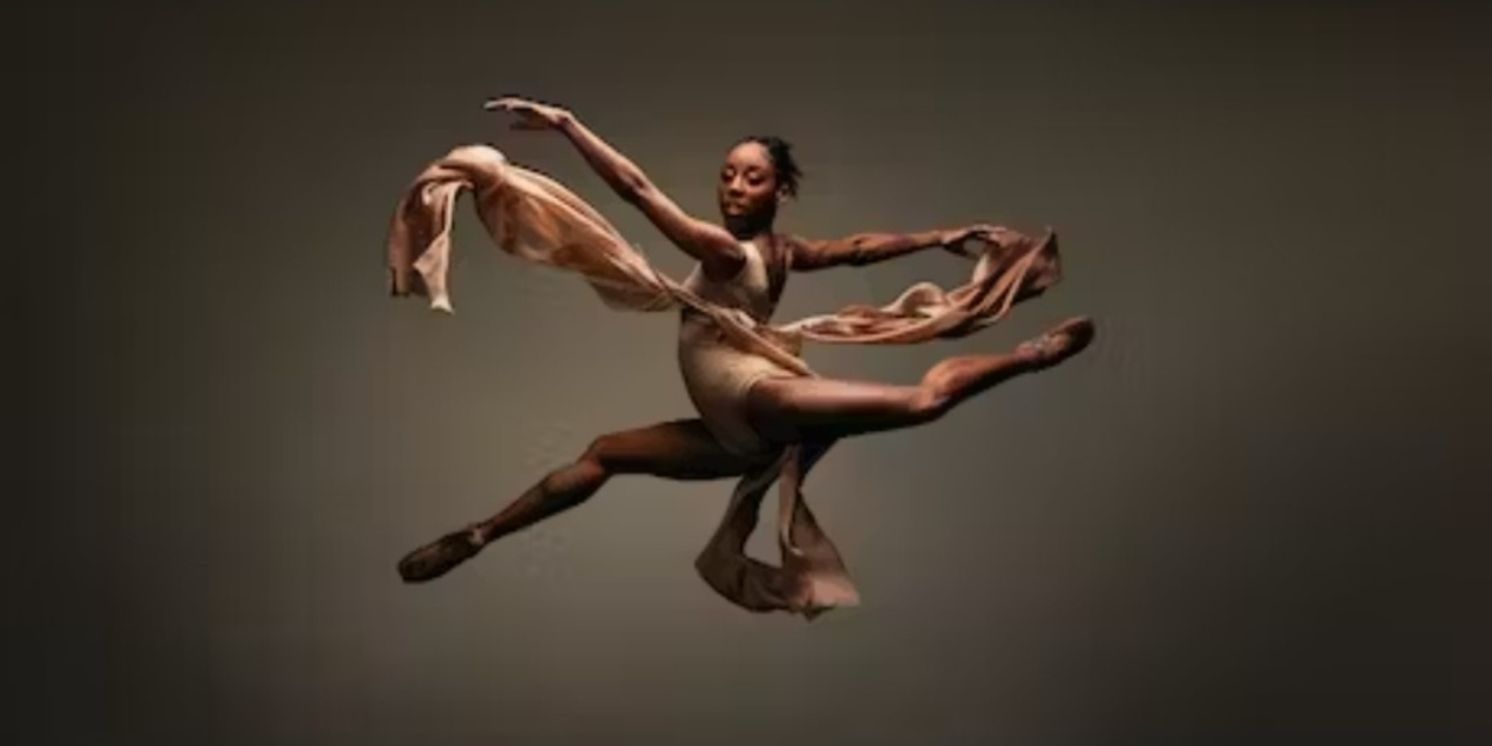Review: GENERATIONS: THREE SHORT BALLETS, Linbury Theatre, Royal Opera House
A high calibre of dance shown throughout

![]() Northern Ballet presents the Generations: Three Short Ballets triple bill at the Linbury Theatre, Royal Opera House as part of its national tour this autumn.
Northern Ballet presents the Generations: Three Short Ballets triple bill at the Linbury Theatre, Royal Opera House as part of its national tour this autumn.
The programming speaks volumes about Northern's newish Artistic Director, Federico Bonelli's career and taste. Before retiring from The Royal Ballet, Bonelli was a Principal in Amsterdam at Dutch National Ballet, so of course had exposure to the work of the Dutch Master: Hans van Manen.
Bonelli has therefore included van Manen's 1973 masterpiece to Beethoven’s Piano Sonata no. 29 in B-flat major, Adagio Hammerklavier. And if Hammerklavier is the filling (it's the middle work), the bread either side is Benjamin Ella's Joie de Vivre (2023) and Tiler Peck's Intimate Pages (2023). Both choreographers are also currently dancers; Ella a Soloist with The Royal Ballet, and Peck the globally celebrated New York City Ballet prima ballerina.
Ella has chosen the music of Jean Sibelius for his "poem of human feelings, emotions and connections" and it all suggests a huge influence of Jerome Robbins' seminal work Dances at a Gathering (1969). In short: Robbins created a work about people who happened to be dancers, and used that medium to communicate something profound about being human. Whereas Ella has made a piece about dancers trying to bring humanity to a somewhat sanitised, small talk environment.
The Sibelius doesn't do any favours to the overall experience either. It's rather samey-samey and middle ground throughout. There are positives though: Ella can structure and bring original movement to the table that doesn't feel repetitive, but moving forward I'd shy away from the predictable, coquettish language and take a bolder step into unknown realms.
I'm already a huge Adagio Hammerklavier fan, and have had the privilege of seeing some wonderful casts over the years, so I'm happy to see Northern's current rendition doing the extraordinary work justice. And considering this is the beginning of their journey with the piece, things bode well.
van Manen offers what very few can with this 50 year old work: an ongoing education. The language feels more than just superfluous choreography, resonating as a study of dynamic and form. And the structure continues to illuminate through simplicity and repetition.
As well as the dancers did, they need to keep believing in the innate power of the work. Properly good dance doesn't need to be oversold, one just has to execute the choreographic score precisely, as it already includes everything that's needed where concerning structural and expressive qualities.
The infamous van Manen eyeline is in place (at a 20 [ish] degree angle below neutral), but still needs development away from an obvious, physical application, and more towards an ambivalent disembodiment.
The score is beautifully played by Colin Scott, but also highlights a major production value issue. The set consists of a billowing white curtain backdrop, and of course the billow needs to come from somewhere: cue the off stage fan doing the required job. Perhaps it's due to the Linbury being a bijou theatre, or an old model of fan, but the audience could hear the constant breeze as well as see it, and for me, it really takes away from the paired down beauty of the Beethoven.
Peck chose Leoš Janáček to bring alive her exploration to "discover the human emotion and those feelings through dance" - though I'd say it's less about emotional discovery and more high octane dance in practice.
The piece feels very Tiler Peck without being obvious, and subsequently very NYC. New York (City Ballet) dance is renowned for working with difficult scores, which the Janáček is, and emphasising the abstract value of movement, which Peck does with ease. If I was Bonelli I'd be happy with this commission, as Peck has delivered a fresh 20 minute dance piece.
The work absolutely brings out the best in the dancers, demanding speed of movement, clarity of phrasing and perpetual use of space. And the fact Peck has chosen a male protagonist to lead the overall piece is also refreshing, as is the red costuming, orange backdrop and stylish lighting throughout.
Considering Peck is able to produce work of this maturity in the middle of her own dance career, suggests a possible choreographic future could prove abundant. It also says a lot about the New York City Ballet repertoire, and how it educates the dancers as they partake.
Overall the Northern Ballet Generations triple bill feels like a very worthwhile evening. And also important to note is the high calibre of dancing shown throughout the performance. Technical finesse, expansive movement and joy were evidently on display, and that's no mean feat within the rigorous discipline of our beloved ballet; so bravi to all.
Northern Ballet's Generations: Three Short Ballets is at the Royal Opera House, Linbury Studios until 2 November
Reader Reviews

Videos

